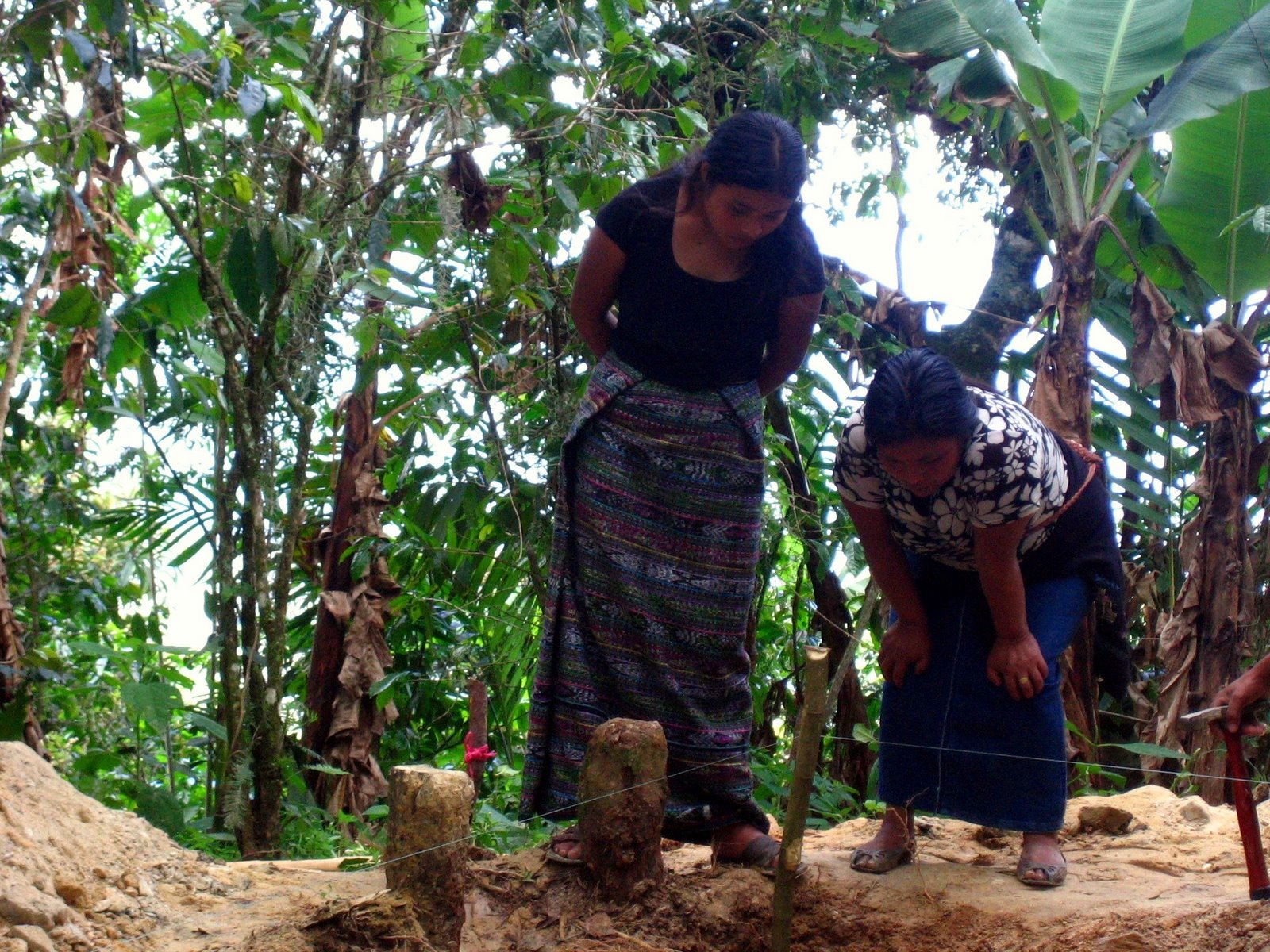
Editor's Note: This post was written by Enough Project intern Nejla Asimovic.
Hasan Nuhanovic, a former UN interpreter and a survivor of the Srebrenica genocide, spent fifteen years trying to find the remains of his mother, father and younger brother who were killed in 1995, after being expelled from the UN-designated protection base at Srebrenica. In his quest to discover and reveal the truth about the fate of his loved ones and the fate of other victims of the Bosnian war, Nuhanovic collected evidence and wrote a chronology of the events in Srebrenica, Under the UN Flag, and helped establish the Srebrenica Genocide Memorial. Aware that, as he stated, “there can be no reconciliation without justice” Nuhanovic along with a member of another family affected by the genocide, filed and ultimately won a landmark lawsuit against the Dutch Government for handing over his family members to the enemy forces. From Peru to East Timor, individuals like Nuhanovic zealously seek truth related to past mass human rights violations around the world, fighting against the silence and opacity that often shrouds acts of brutality.
On December 21st, 2010, UN General Assembly proclaimed March 24th the International Day for the Right to the Truth concerning Gross Human Rights Violations and for the Dignity of Victims. On this day, in 1980, Archbishop of El Salvador and human rights advocate Óscar Arnulfo Romero was assassinated for speaking out on behalf of the victims of injustices and abuses by the Salvadoran army during the country’s 1979-1992 civil war. The 24th of March is dedicated to commemorating the victims of human right violations, acknowledging a fundamental human right to truth, and supporting those human rights activists who commit their lives to fighting for the right to truth and justice.
The principles and legal scope of the right to the truth were originally established by cases in the Inter-American system and continue to evolve based on the rulings of the Inter-American Court of Human rights and other courts. The issue of the right to the truth was first litigated in the case Manuel Bolaños v. Ecuador in 1995, when the Inter-American Commission for Human Rights asserted that the State of Ecuador violated its duty to provide truth and justice to the victim’s family. While it was first understood as the right of families to know the fate of their relatives, the concept of the right to the truth has expanded with time. In 1998, the Commission in their report regarding the case against Chile recognized, for the first time, that “[e]very society has the inalienable right to know the truth about past events, as well as the motives and circumstances in which aberrant crimes came to be committed, in order to prevent repetitions of such acts in the future.” Thus, since 1998, the right to the truth is understood as belonging not only to members of victims’ families, but to all members of society. Additionally, the Commission imposed an obligation on States to adopt all measures needed to identify the perpetrators of crimes, and establish true account of past events.
Over the years, civil societies in violence-affected countries along with experts from diverse disciplines have developed various truth-seeking mechanisms. More than 30 official truth commissions have been established since 1974, and many other important truth-seeking initiatives and independent inquiries by civil society groups are being launched every day in countries around the world. Truth-seeking mechanisms should not be seen as substitutes for criminal prosecution, and for the enforcement of international law. If sustainable peace is to be achieved, it must come in conjunction with justice. While there is still no singular agreement on best practices for ensuring and protecting the right to the truth, the importance of truth in the wake of gross human rights violations is widely accepted and acknowledged. As enunciated by UN Secretary General Ban Ki-moon, “knowing the truth offers individual victims and their relatives a way to gain closure, restore their dignity and experience at least some remedy for their losses.”
Ambassador Samantha Power at the last year’s annual U.S. commemoration of the Holocaust pointed out that remembrance is not the end, but the beginning of our responsibility. “The duty we have is an urgent and active one: to confront evil, to defend truth, to unite in the face of threats to human dignity, and to strive to stop any who would abuse their neighbors. Let us go forward, then, to meet that obligation, recognizing our own fate in that of others, and demanding always the very best of ourselves.”
Photo: Two young women stand over the partially-exhumed grave of a loved one outside of Rabinal, Guatemala. Hundreds of families are still waiting to find their relatives' remains over 30 years after Guatemala's genocide. Credit: Holly Dranginis/Enough Project

